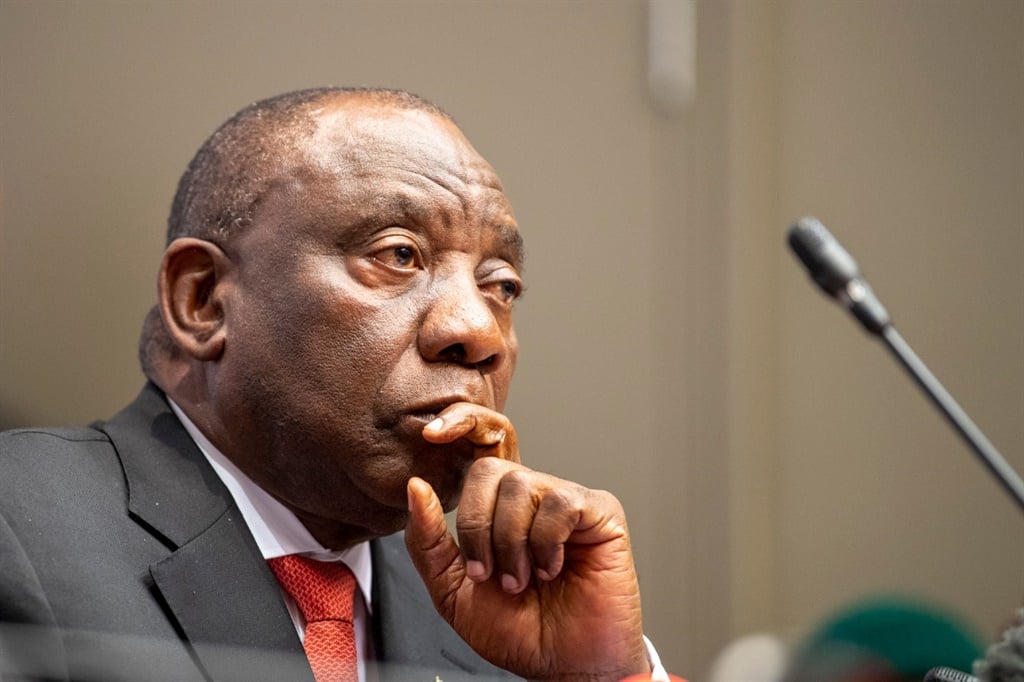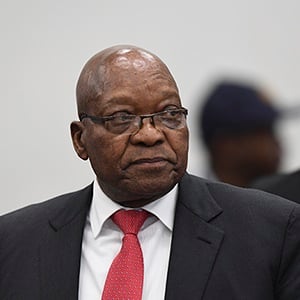Thandisizwe Mgudlwa
-MyNews24
Updated
South Africa needs a business and entrepreneurship training programme designed, created and taught by the best in the world of business.
So very often the field of entrepreneurship training is carried out by those who have not proven themselves in the business world.
In fact, the higher education sector is not known to have a credible record in producing the best business gurus South Africa needs.
Hence, the high rate of failure of businesses; and sadly this is mostly in the small business sector, which analysts have been predicting to be the future for business growth and employment in SA.
At look at the world’s leading training, incubation and business education systems, they don’t have many of the South African and African business leaders.
Even the likes of Elon Musk, who is a South African, but had to leave for the US for him to build his empire and gain the global recognition he now enjoys.
Musk has a net worth of $19.4 billion. And he is listed by Forbes as the world’s 40th richest person.
Born and raised in Pretoria, Musk went to study in Canada at age 17 to attend Queen’s University. Two years later, he transferred to the University of Pennsylvania. Here, Musk received a Bachelor’s degree in economics from the Wharton School.
And later a Bachelor’s degree in physics from the College of Arts and Sciences. Although he began a PhD in applied physics and material sciences at Stanford University in 1995. Musk dropped out after two days and opted for a career in entrepreneurship.
Subsequently, he co-founded Zip2, a web software company.
Zip2 later was acquired by Compaq for $340 million in 1999.
After this he then founded X.com, an online bank. In 2000, X.com merged with Confinity and later that year became PayPal. In 2002, PayPal was bought by eBay for $1.5 billion.
Since then, Musk has gone on to start many other successful global ventures, including SpaceX and Telsa, Inc. (originally Telsa Motors) among many others.
Now, the question the South African business fraternity should be asking itself, is why did it take a South African to go and study in the US?
And then not even return to build his empire in SA but settle elsewhere.
The absence of a well-coordinated and established business training culture in South Africa, in the mold of Lurn Nation, is responsible for the gurus like Musk and Mark Shuttleworth, the IT guru and first African on space to vacate their country for other lands.
In a developing country and economy like SA with major challenges in terms of the triple effects of unemployment, poverty and inequality.
We don’t even want to think that such a trend will continue. And what will happen or not happen to the economic freedom so elusive at present.
SA is the richest country in the world with all the mineral resources under its soil.
Yet we are also the most unequal nation on earth.
There’s not even a sense of urgency in the leadership thrown attracting back our own that have left and made it big in the global business arena to come back and plough back.
There are not even moves to ask these gurus to work with the best in the land to produce a South African oriented business training curriculum for the nation’s business development.
What is evident though is that SA can not seriously wish for sustain economic growth and development that would lead to job creation, if our businesses are not thriving and going global.
Thanks to the absence of business training curriculum by the country’s best entrepreneurs.
The much spoken about economic growth will just be a dream.
Unless we do what the best in the world are doing.
The future will remain bleak for economic prosperity for all.
NEWS24


